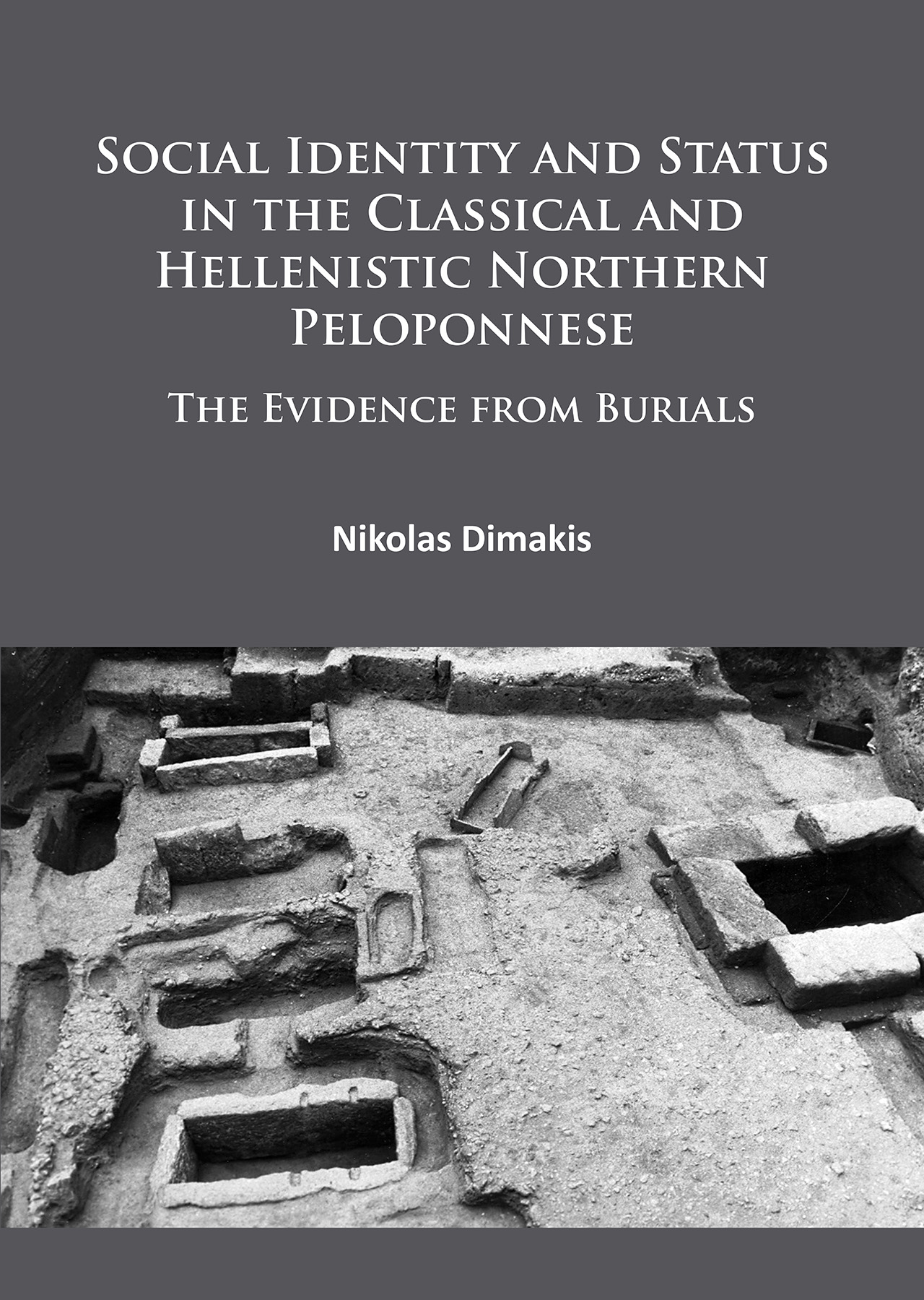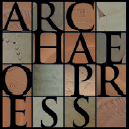
Publishing Scholarly Archaeology since 1997

H 290 x W 205 mm
374 pages
Illustrated throughout in black & white with 4 colour plates
Published Dec 2016
ISBN
Paperback: 9781784915063
Digital: 9781784915070
Keywords
Greece; Peloponnese; death Classical; Hellenistic; burial practice
Social Identity and Status in the Classical and Hellenistic Northern Peloponnese
The Evidence from Burials
Paperback
£40.00
Includes PDF
PDF eBook
(personal use)
£16.00
PDF eBook
(institutional use)
£40.00
This book aims to employ and illustrate the unique strengths of burial evidence and its contribution to the understanding of social identity and status in the Classical and Hellenistic Northern Peloponnese.
Contents
Preface; Chapter 1 – Introduction; Chapter 2 – A Case Study: The Argolid; Chapter 3 – Death and Space in the Northern Peloponnese during Classical and Hellenistic Times; Chapter 4 – The Mortuary Record; Chapter 5 – Burial Offerings; Chapter 6 – The Funeral Ritual; Chapter 7 – Conclusions; Bibliography; Appendix A: groups of burials (GB); Appendix B: individual graves (IG)

 Add to wishlist
Add to wishlist
